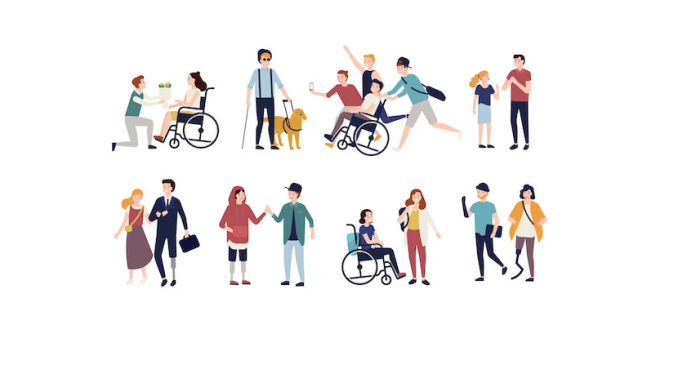ISLAMABAD, FEB 20 (APP/DNA):Human Rights activist Ayub Malik has stressed the need to focus on improving the physical and mental quality of life for people living with disabilities.
Talking to APP here Thursday, he said that people with disabilities (PWDs) faced a variety of structural and ideological challenges that had little to do with their actual limitations. These societal stigmas are often at the root of poor mental health and mental illness among individuals with disabilities, rather than their disability itself, he said and added that this can be lessened by focusing on ways to promote good mental health and people with disabilities.
Some encouraging steps have recently been taken in Pakistan, such as introduction of special ID cards for PWDs to enable them to access a range of concessions.
It is also no longer legal to use derogatory terms such as ‘disabled’, ‘physically handicapped’ or ‘mentally retarded’ in official documents.
Regarding mental health services, he added that Pakistan faces a considerable shortage. According to the WHO’s Mental Health Atlas 2020, the country has only 11 large-scale psychiatric or mental hospitals and 578 community residential care facilities. Additionally, there are approximately 624 community-based psychiatric inpatient units, equating to about 1.926 beds per 100,000 population. This limited infrastructure underscores the pressing need for expanded mental health services to adequately support PWDs in Pakistan.
Determining the exact number of people with disabilities (PWDs) in Pakistan is challenging due to varying estimates from different sources. However ,In 2017 national census reported that approximately 0.48 percent of the population, or about 1 million individuals, have disabilities. However, this figure has been widely criticized for underreporting. In contrast, the World Health Organization (WHO) estimates that about 15 percent of the world’s population lives with some form of disability, which would suggest a significantly higher number for Pakistan.

















